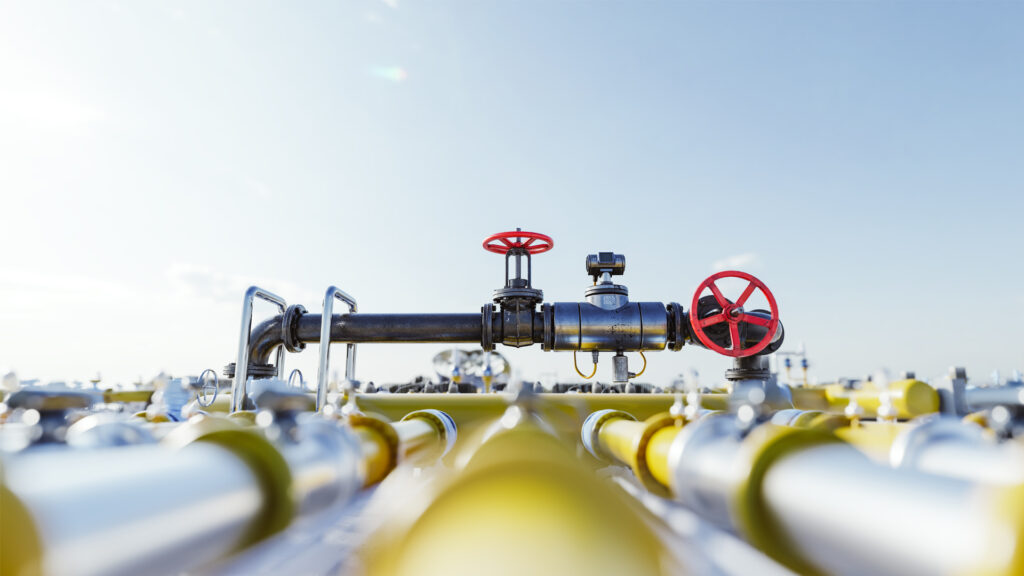By Jason Puwalski, American Conservation Coalition
More than 80,000 Tallahassee residents were left without power after a recent string of thunderstorms and three tornadoes, leaving some areas without power over one week later this May.
Meanwhile, the city of Tallahassee is implementing a new solar power initiative. In January, the city approved a goal to run on net 100% renewable energy by 2050. Although it doesn’t have a clear view of how to achieve that long-term goal, the city knows its next step will be implementing more solar energy.
The Sunshine State, after all, is well-positioned to deploy solar energy, which has become cost-effective over the course of the past few decades. Still, we can’t lose sight of energy abundance and reliability in the process of deploying intermittent energy sources like solar power.

Currently, Tallahassee runs mainly on natural gas, and the state of Florida consumes about 5% of the country’s natural gas. Natural gas production in the United States is safer and cleaner than nearly anywhere else in the world.
With this in mind, American energy dominance must be prioritized, not only because it is in the United States’ best interest, but because it is actually better for the environment at large. Innovation in the energy industry — including renewable natural gas, which uses existing waste to generate electricity — provides further hope for the future of the environment and consumers’ pocketbooks.
While moving toward renewable energy sources like solar and wind is commendable — and will become an increasingly likely reality as time goes on — Floridians need reliability within our energy grid. Natural gas is more cost-effective and far cleaner than coal and oil alternatives. In fact, compared directly to coal, natural gas emits half the amount of carbon dioxide.
The United States has led the world in emissions reductions largely because of the shale boom and the introduction of hydraulic fracking to produce American natural gas. This progress should not be dismissed simply because natural gas is still a fossil fuel.
Natural gas is vital to Tallahassee’s grid and it should continue to be part of a clean, reliable and cost-effective energy grid across the country. Other areas have seen success by utilizing natural gas in addition to other forms of energy.

Eliminating natural gas may be seen as a win for net-zero carbon emissions, but it will put a strain on energy grids and bank accounts alike. Natural gas lessens our reliance on coal and oil and should be part of an all-of-the-above approach to providing power to consumers.
Texas, for example, has seen success in utilizing an all-of-the-above approach to energy consumption, the plurality of which is natural gas. Natural gas usage, which has increased in Texas, has allowed the state to stabilize its energy grid while it moves away from coal and oil and increases its consumption of wind and solar energy.
We should embrace a diverse energy portfolio and make strides toward cleaner energy, but let’s not pick winners and losers in the energy industry. Natural gas should remain part of Tallahassee’s and Florida’s energy profile as we continue to simultaneously deploy supplementary energy sources. Let’s allow the affordability and reliability of natural gas to do its part for today’s consumers.
As Voltaire said, “the perfect is the enemy of the good.” While there is no perfect energy source, there is also no denying that natural gas is one of the cleanest, most affordable and reliable sources of energy we have.
Jason Puwalski is a member of the American Conservation Coalition (ACC). A graduate of Florida State University, he is a government relations and public affairs professional based in Tallahassee.
If you are interested in submitting an opinion piece to The Invading Sea, email Editor Nathan Crabbe at ncrabbe@fau.edu. Sign up for The Invading Sea newsletter by visiting here.



